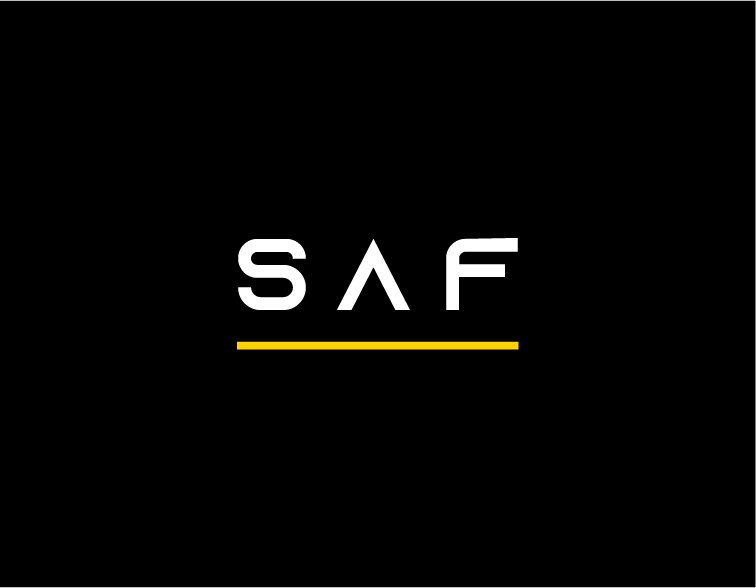Sustainable Aviation Fuels (SAF) Masterclass
This Masterclass will uncover the latest developments, innovations and regulations driving the adoption and growth of sustainable aviation fuels. It will also cover the critical importance of the business and economics of alternative fuels in the aviation industry, including the sourcing, buying, hedging, and trading of SAF.
The course is suitable for aviation and non-aviation industry professionals alike, and for industry stakeholders seeking to gain a better understanding of an opportunity that is set for growth from 100 million litres today to 449 billion litres in the next 25 years.
Course Benefits
Take advantage of six interactive modules taught by expert instructors and take away the following course benefits:
Get a solid grounding in the various pathways and feedstocks available for the development of a 450 billion litre opportunity
Futureproof your business to prepare and take advantage of upcoming changes in SAF mandates and regulations
Evaluate the ongoing challenges for adopting SAF, including pricing, supply and demand
Gain an effective understanding of the current and future policy landscape for sustainable aviation fuels
Understand the economics of SAF alongside buying, trading and hedging strategies
Course Outline and Schedule
Day 1 – 22 March 2022 (14:00 – 17:00 GMT)
Module 1: Introduction to SAF, production pathways and feedstock availability
Understanding the basics of conventional oil refining and a comparison with SAF production processes
Comparing and detailing the seven permitted SAF technical pathways
Reviewing different SAF feedstocks, their availability and the challenges and opportunities associated with sourcing them
Module 2: Analysing the mandates, policies and regulatory landscape for SAF
Decarbonisation milestones for aviation and a look at how feasible Net Zero by 2050 really is for the aviation industry
Deconstructing key international agreements in place (e.g. CORSIA) and their potential impact on the aviation industry
An overview of national and regional sustainable aviation fuel blending obligations and mandates
Day 2 – 23 March 2022 (14:00 – 17:00 GMT)
Module 3: Fuel blending, conforming and compliance
Explaining key jet fuel specifications
Assessing the fuel blending requirements to convert traditional crude into SAF
Selecting the right supplier, monitoring quality and ensuring appropriate fuel specifications
Module 4: Integration of SAF, supply chain infrastructure and logistics
Understanding logistics best practice for jet fuel and specifications for SAF
Highlighting the importance of supply reliability and availability, and avoiding contamination
Monitoring, Reporting and Verification (MRV)
Day 3 – 24 March 2022 (14:00 – 17:00 GMT)
Module 5: The economics of SAF: Buying, trading and offtake agreements
Understanding jet fuel pricing, purchasing and hedging strategies in general
Detailing the requirements for sourcing, buying and trading SAF and alternative fuels
Reviewing the scaling up SAF worldwide and understanding the global project landscape for new and existing production facilities
Book and claim - an in-depth look
Module 6: Analysing the business case for SAF and benefits beyond CO2 reduction
Assessing the business case for SAF and its impact on your bottom line
Evaluating the manufacturing and purchase cost inputs associated with SAF
Promoting the benefits of SAF beyond CO2 reduction, including improved sustainability credentials, broader environmental and performance benefits, and attracting a new kind of flyer
YOUR EXPERT TRAINERS
JOHN BUXTON
Aviation Fuel Expert
John Buxton is a respected aviation fuel expert with over 30 years’ industry experience. John has held senior technical positions within the commercial fuel world for organisations like Shell and KPIAC, and has also chaired the influential Joint Inspection Group.
He is a sought after consultant on facilities design, technical standards and sustainability in aviation fuels. More recently, John has worked on sustainability in the aviation sector, the role of SAF in the paths to net zero and directly on green hydrogen in the UK, part of which may be directed to aviation use.
JONATHAN PARDOE
Aviation Fuel Procurement and Hedging Specialist
Jonathan is a highly respected aviation fuel expert who has previously worked for Virgin Atlantic for 26 years from 1990 until 2016 in Treasury and Fuel Procurement, overseeing their global exposure. He was also responsible for running the first commercial biofuel test flight by Virgin Atlantic.
Currently, he acts as the Fuel Consultant for Star Alliance Services GmbH, covering 26 airlines globally for joint purchasing initiatives for a portion of their fuel procurement activity.
Other roles include chairing the IATA Commercial Fuel Working Group for five years, focusing on industry concerns relating to fuel procurement, safety and reliability.





